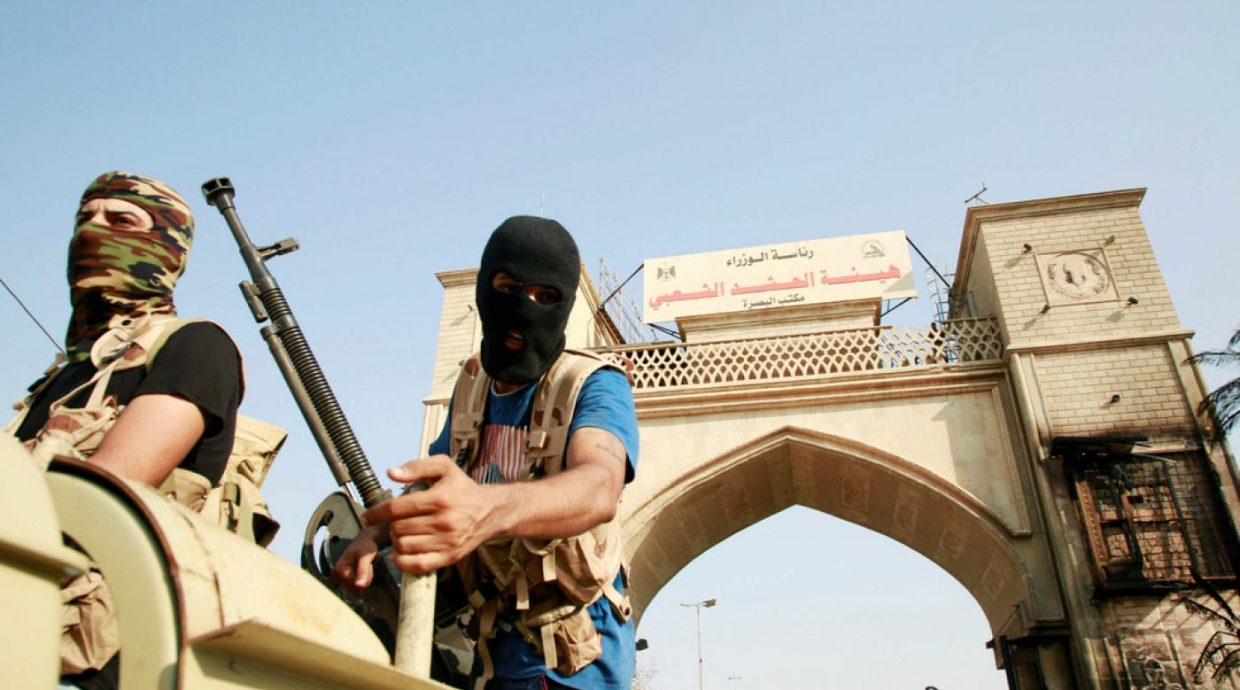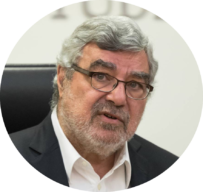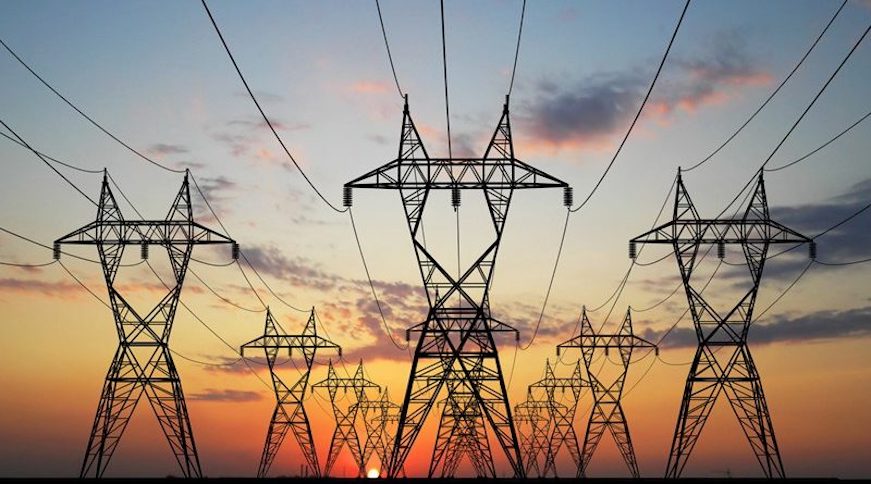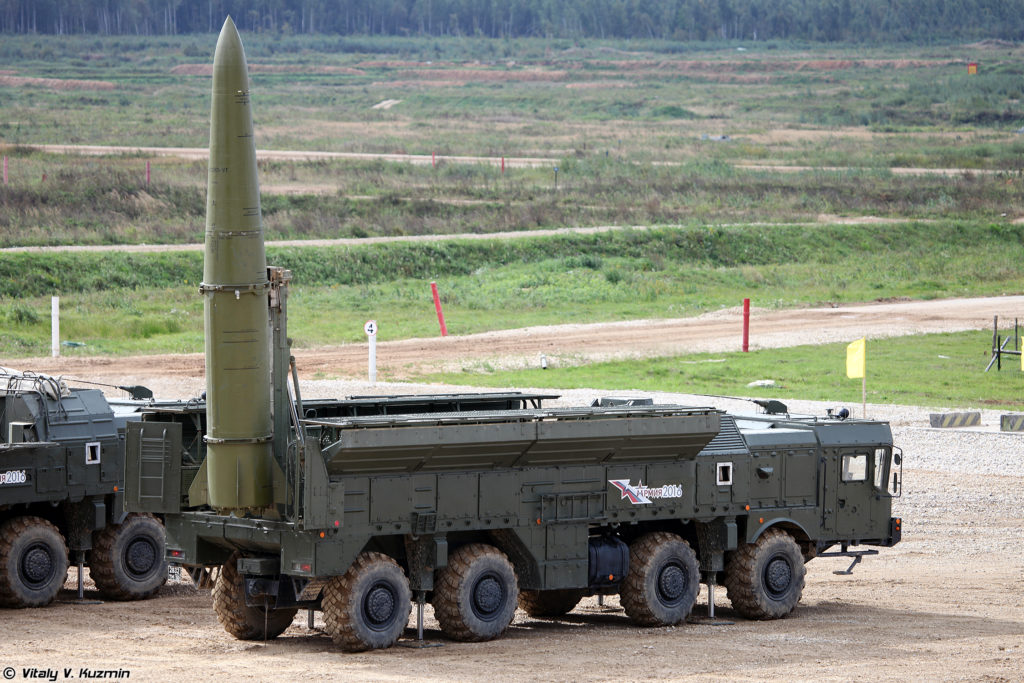Non-State Actors Empowerment in the Middle East
Rami G. Khouri

Most of the Middle East’s serious problems – wars, terrorism, foreign militarism, politicized sectarianism, refugee flows, mass poverty and vulnerability – reflect the consequences of the two great overarching trends in the past century of the modern Arab state system.
In the first half of the century, broadly from 1920 to 1970, the Arab region completed impressive state-building processes that steadily improved citizens’ quality of life.
In the century’s second half, from 1970 to 2020, about half the Arab states have seen their state-building momentum stall or even reverse. Economic and social development slowed after 1990 when most non-oil-financed governments could no longer improve or even maintain the quality of life of large swaths of their populations. The UN today says that at least 70% of all Arabs are poor or vulnerable, and that figure is rising daily due to the economic impact of the oil price drop and the Covid-19 pandemic.
Two important dynamics emerged that led to the rise of non-state actors (NSAs): 1) some states started to fragment as local authorities affirmed their authority over a weakened central government (Sudan, Iraq, Lebanon, Yemen); 2) in every non-oil-rich country, non-state actors assumed a bigger direct role in providing citizens services they had obtained from the state during the previous three generations (security, identity, political voice, material assistance, and basic services).
Some NSAs became so powerful that they paralleled the central government in some places (Muslim Brotherhood, Hezbollah, Kurdish groups) or even replaced it in others (Hamas, Islamic State, Kurdistan, Insarullah-Houthis, South Sudan rebels). Powerful armed NSAs, like Hezbollah, Hamas, and Insarullah-Houthis, took over the national security role of the state and also provided basic services.
Other armed groups like Popular Mobilization Forces (PMF) militias in Iraq, complemented the state’s security operations against threats like Islamic State, and PMFs in Syria, Yemen, or Libya have been created, funded, trained, and armed by foreign powers (regional ones like Iran, Turkey, the UAE, Saudi Arabia and Israel, or foreign powers like the USA).
Hundreds of NSAs across the region are unarmed civilian groups that are anchored in the two most powerful forces that existed before the modern state arrived: religious and tribal identities. The modern state usually could not control or co-opt these powerful forces, and mostly coexists with them. When central governments in the 1990s started contracting and ignoring large population segments, the tribal and religious NSAs stepped in smoothly. Some of them in Syria, Iraq, Libya, and Yemen also became politicized and frequently sought a share of government power.
The first big sign of Arab citizens’ discontent that translated into stronger NSAs was the rapid expansion of the Muslim Brotherhood and other such Islamists in the mid-1970s. This was due to multiple factors, including: the humiliation of the June 1967 Arab defeat by Israel; the failure of socialism, Arab nationalism, Ba’athism, and capitalism to meet citizen needs equitably; government corruption due to incompetent rule by family- and military-based regimes; and, the stresses of inflation and high living costs that sent several hundred million Arabs into poverty.
As citizens steadily lost trust in the central state’s credibility, and its legitimacy in some cases, after the 1980s, they increasingly turned to NSAs for their essential personal, communal, and political needs. NSAs like the Muslim Brotherhood grew stronger and often shared power, due to several reasons: they focus squarely on citizens’ basic needs, they are anchored in the communities they serve and speak in social justice terms that resonate with citizens, they are mostly uncorrupted by massive money flows, and they emphasize equitable socio-economic development at home and confronting aggression from abroad.

Rami G. Khouri
Rami G. Khouri has reported in the Middle East for 50 years. He is journalist-in-residence and a senior public policy fellow at the American University of Beirut, and a non-resident senior fellow at the Harvard Kennedy School.




